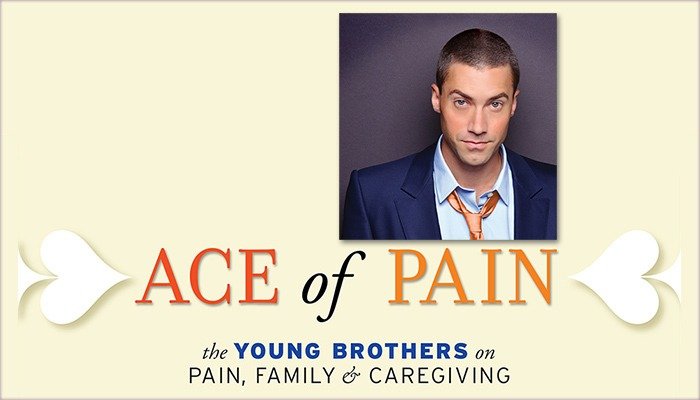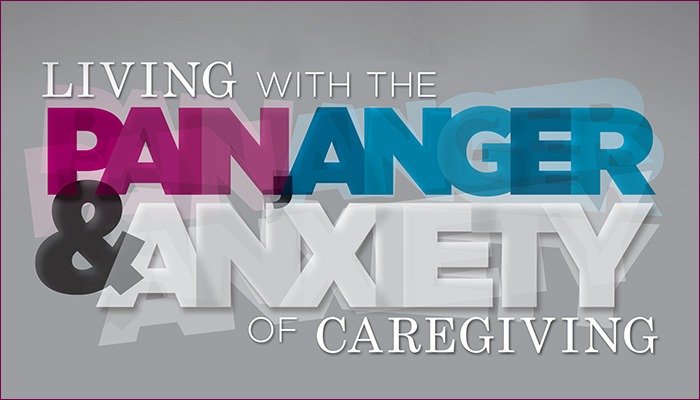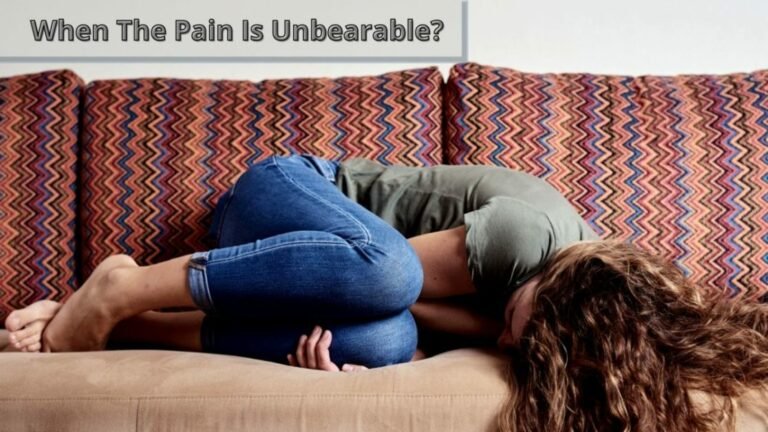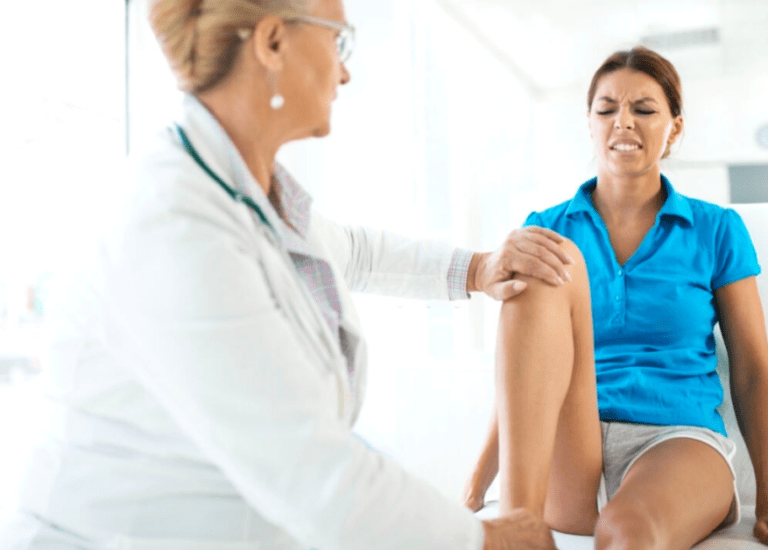Ace Young on Pain, Family and Caregiving

It was on a Sunday, the day before Labor Day 1996, when Ace Young, now a Grammy award winner and American Idol star, received news that one of his older brothers had sustained severe injuries in a near-fatal car accident. Ryan Young, a healthy athlete who dreamed of playing professional basketball, broke his back in seven places, had severe neuropathic pain, and was hospitalized for a year while he learned to walk again. While Ryan dedicated himself to recovery and finding a way to manage the pain, Ace committed to becoming a family caregiver. During the course of that year, as Ace visited Ryan at the hospital almost daily, their bond grew stronger.
Inspired by his brother’s struggle over the years that followed, Ace and his new bride, Dianna DeGarmo —who met on Broadway, married in June, and now co-host Planet 360 on TVGN —continue the caregiving role, but with an expanded focus. Along with Ryan, they actively raise awareness about chronic pain, caregiving, and neuropathic pain.
Ace, Diana, and Ryan frequently partner with pain education and awareness organizations such as the Power of Pain Foundation at telethons, sporting events, off-Broadway performances and other events to share information and to support other families who live with chronic pain. They also travel internationally with USO tours, speaking with troops and injured soldiers about living with pain and working with caregivers to find support.
Like many families who experience the toll of chronic pain, new dreams have taken the place of old ones, and fresh challenges can arrive daily. Here, the Young brothers discuss the dynamics of living with and caring for a family member with pain.
ACE YOUNG ON CARING FOR A LOVED ONE IN PAIN
PainPathways: What is it like to watch and care for a family member who has chronic pain? Is it difficult to relate to?
Ace: Having a brother with chronic pain is difficult. As family members, you always want to help each other, but chronic pain is something that only doctors can really do anything for. Like a lot of people who have chronic pain, when you meet my brother you may not know the amount of pain he is constantly dealing with, because he hides it well. But on a really bad day, he has migraines that prevent him from getting out of bed.
PainPathways: What’s the biggest difference about your relationship with your brother now, compared to before his accident?
Ace: We both understand that we are not invincible. My brother is huge—6’7”. Growing up, he could do anything from dunk a basketball to throw an an80-mile-an-hour fastball. After his accident he was bedridden and had to learn how to walk again. His brain (and his attitude) became his most powerful tool. He has to keep a positive outlook to manage everything else. Ryan turned his focus from physical activities he could no longer do to activities he could. To keep his self-esteem high, Ryan began to focus his creativity onto paper to be translated to the performer she works with through organizing and producing shows.
PainPathways: How has your understanding of chronic pain changed since your brother was affected by it?
Ace: Through my brother’s struggles I have seen that chronic pain is a life battle that needs constant medical attention. It is not something that you can take an Advil for and get over.
PainPathways: What advice can you give to other caregivers?
Ace: Until the pain truly goes away, patients are slaves to their bodies. It is impossible to give your full attention to anything else until you are completely pain-free. My advice to caregivers is this: Ask a bunch of questions. Even if you have experienced chronic pain yourself, everyone is different, and there is no other way than asking a ton of questions in order to understand what someone else is feeling.
PainPathways: Has your brother’s accident and pain influenced or affected your career?
Ace: My brother is an athlete at heart. He was going to make a living as an athlete. After his accident, he gave up on his dream and partnered with me to achieve my dream of creating an all-inclusive entertainment production company. He has really inspired me to keep going — to never give up on my dream. And now it’s a dream come true for both of us.
PainPathways: How would you describe the experience of caring for someone with neuropathic pain?
Ace: I don’t feel sorry for him or anyone facing a tough time. I encourage them, challenge them and help them build up their strengths so they can create and pursue new dreams.
RYAN YOUNG ON LIVING WITH NEUROPATHIC PAIN FOLLOWING AN ALMOST-FATAL CAR ACCIDENT
PainPathways: What are the challenges you have faced living with chronic pain?
Ryan: I believe everyone’s experience with pain is unique. We all had life goals that have to be changed and altered. My biggest challenges with chronic pain have been the physical aspects that had to change, but I also faced emotional challenges of fear, anger and disappointment in my new limitations. Although I live with pain, I was fortunate to get most of my physical ability back through the years since my accident. Overcoming the emotional aspects of living with chronic pain helped make the physical challenges more bearable.
PainPathways: You continue to do what you love despite the challenges of chronic pain. What advice would you give to others who also want to pursue their dreams but suffer from pain?
Ryan: Pay attention to your body and find ways to break down the task you want to accomplish. Notice what you are feeling and take pride in small accomplishments along the journey. It is much easier to pursue our dreams in smaller, bite-size activities. Know that a great goal takes time to accomplish and that it is okay to take time to pursue our dreams. By accepting our limitations and moving past the emotional aspects involved, we are more likely to accomplish our dreams.
PainPathways: How important is having a support network to you?
Ryan: In times of need, having a support system made all the difference in the outcome of my care and daily living. In my near-fatal car accident, I sustained many injuries, including breaking my back in seven places, dislocating the lower two vertebrae and suffering severe cuts to my spine and hip, all of which required hours of surgery and rehabilitation. Doctors said I might never be able to walk again. I had to rely on my support system quite a bit during that first year of recovery and throughout the years since, as I’ve dealt with chronic pain. I have learned that having help is not a sign of weakness or apathy but rather a way to eliminate stress. This allows my body to heal and, when I am up to it, helps me be more productive.
PainPathways: How do family and friends encourage you?
Ryan: My family and friends have been a huge support. Especially for the first year when I had to stay in bed, their encouragement made a huge difference in my recovery. They were always therefor me, even just to give me company, especially my brother Ace. After a long year of healing, I was able to beat the odds and began to walk again.
PainPathways: What do you think needs to be done to raise awareness of pain issues in the medical community and the public?
Ryan: I believe it is our responsibility as pain patients, caregivers and health care providers to be-come educated on issues surrounding access to appropriate care and the appropriate treatments of pain. The more we speak out and put a spotlight on pain challenges, the better the public will be able to serve its pain citizens. Creating and participating in activities to reach people in your community, journalists, and elected officials will increase our voices and spread the word.
PainPathways: How have you changed as a person because of your experiences with chronic pain?
Ryan: Although I was no longer able to pursue my dreams as an athlete, the strength and encouragement given to me led me to pursue new interests. I joined forces with my brother Ace to help support his career and start our own entertainment company. My brothers Ace and Marc began to make appearances at charity events and children’s hospitals, and I have participated in USO tours and the Power of Pain Foundation events, bringing encouragement to others fighting the same struggles. My work with the Muscular Dystrophy Association en-lightened me about what it is like to be disabled and the misperceptions that come with it.
PainPathways: When you are having a difficult day, what helps?
Ryan: In time, I stopped being afraid of activities and realized that the more I plan and prepare, the better I handle my everyday life. It has become easier to face the daily challenges of living with pain. My chronic pain experience has forced me into some good life habits. I make sure to get proper sleep, eat well and prioritize my activities. I don’t let the pain control my every moment. I know I’m always using a portion of my mind to block pain and have had to learn to focus over the pain at times. I had to become a stronger man. {PP}
PainPathways Magazine
PainPathways is the first, only and ultimate pain magazine. First published in spring 2008, PainPathways is the culmination of the vision of Richard L. Rauck, MD, to provide a shared resource for people living with and caring for others in pain. This quarterly resource not only provides in-depth information on current treatments, therapies and research studies but also connects people who live with pain, both personally and professionally.
View All By PainPathways






